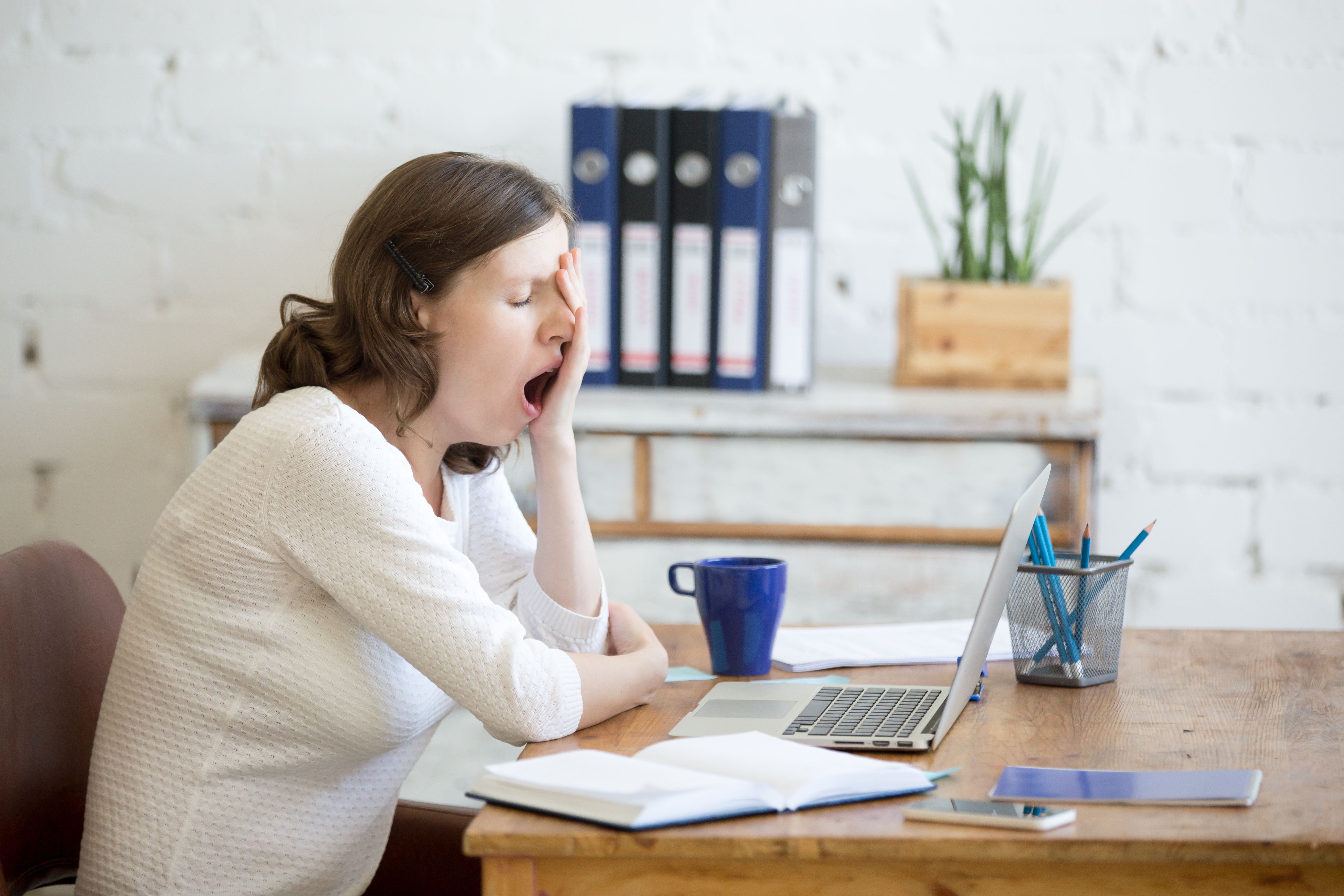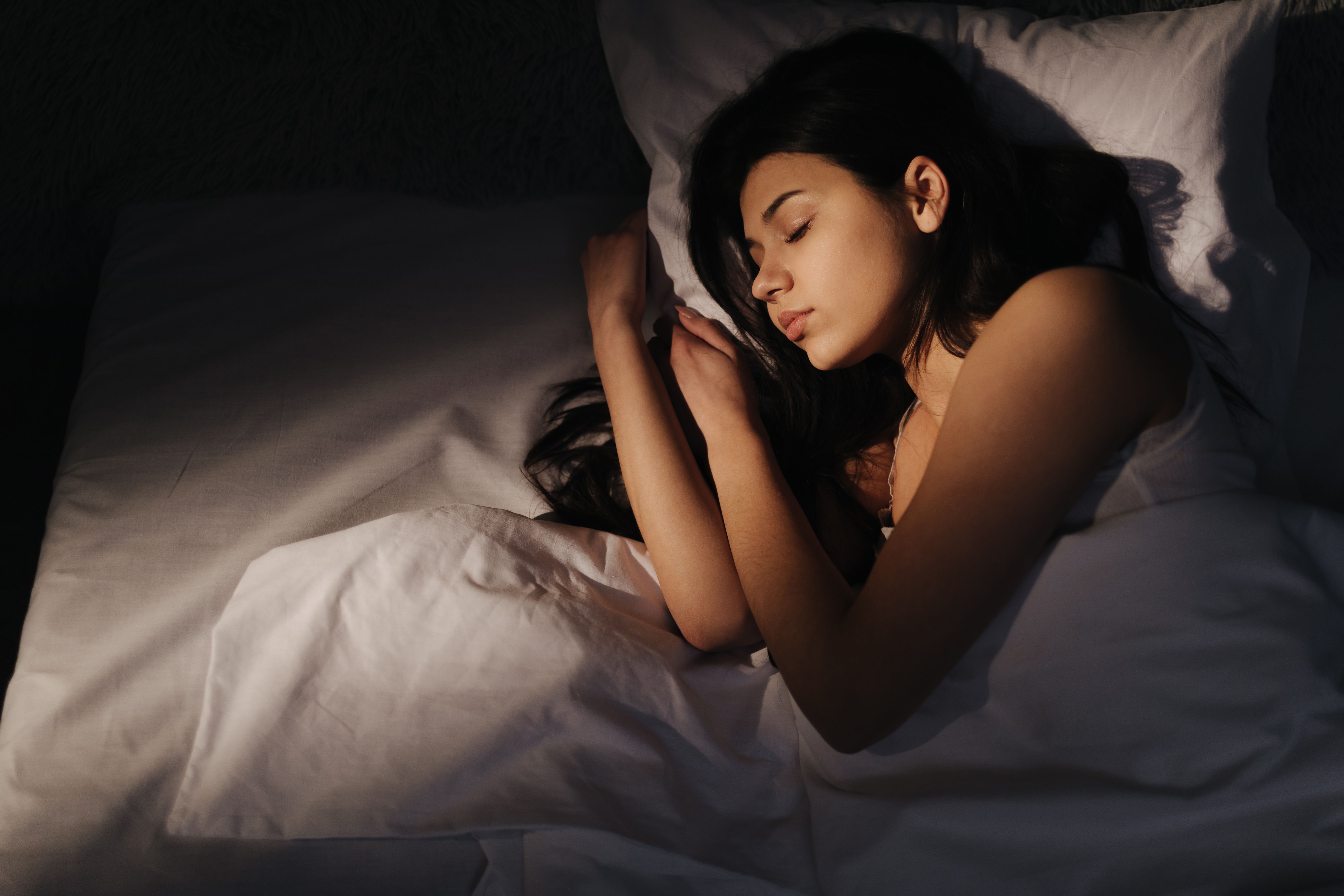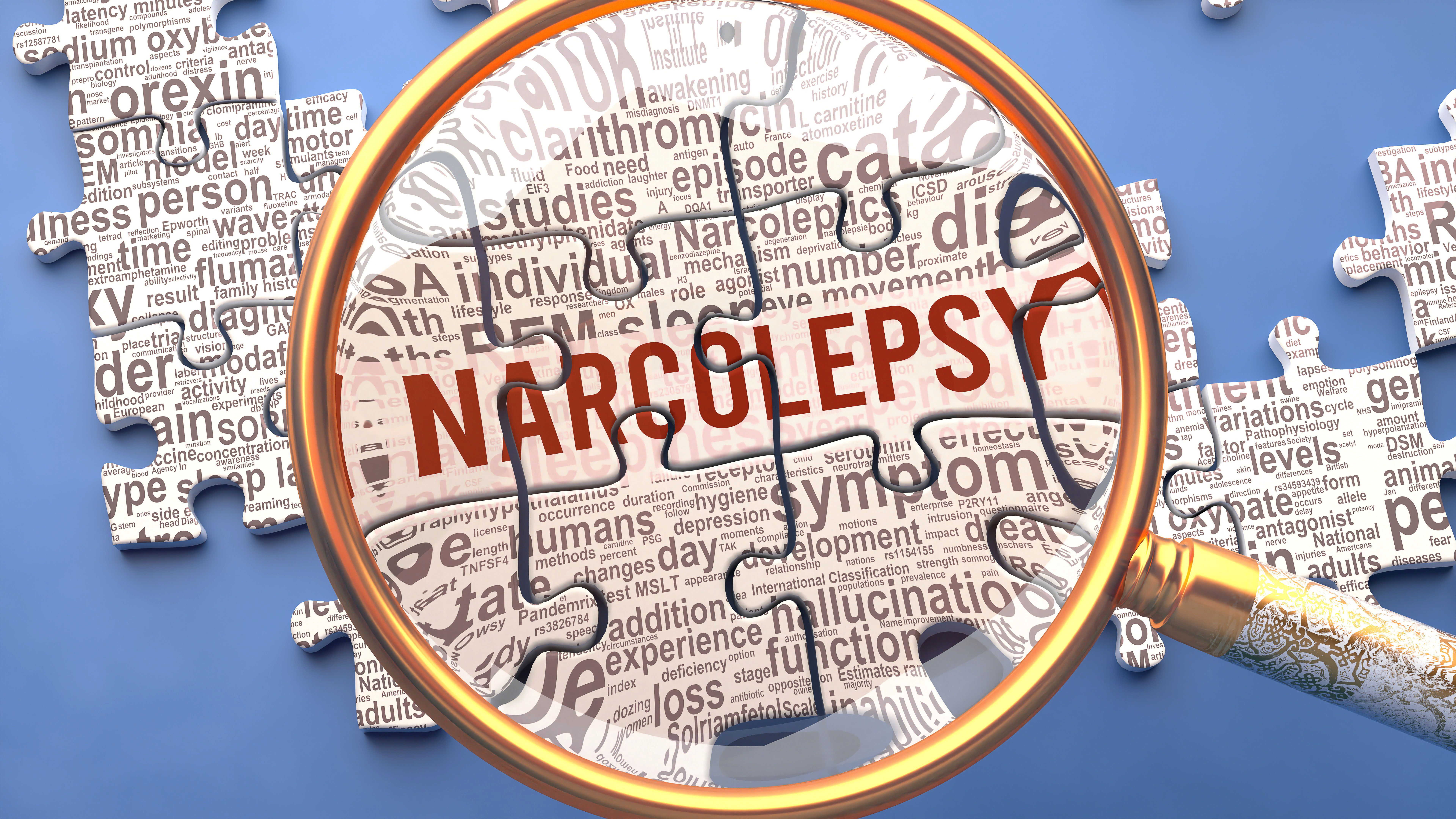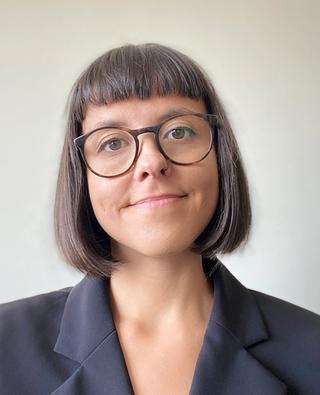
Sleep Disorders
Latest News
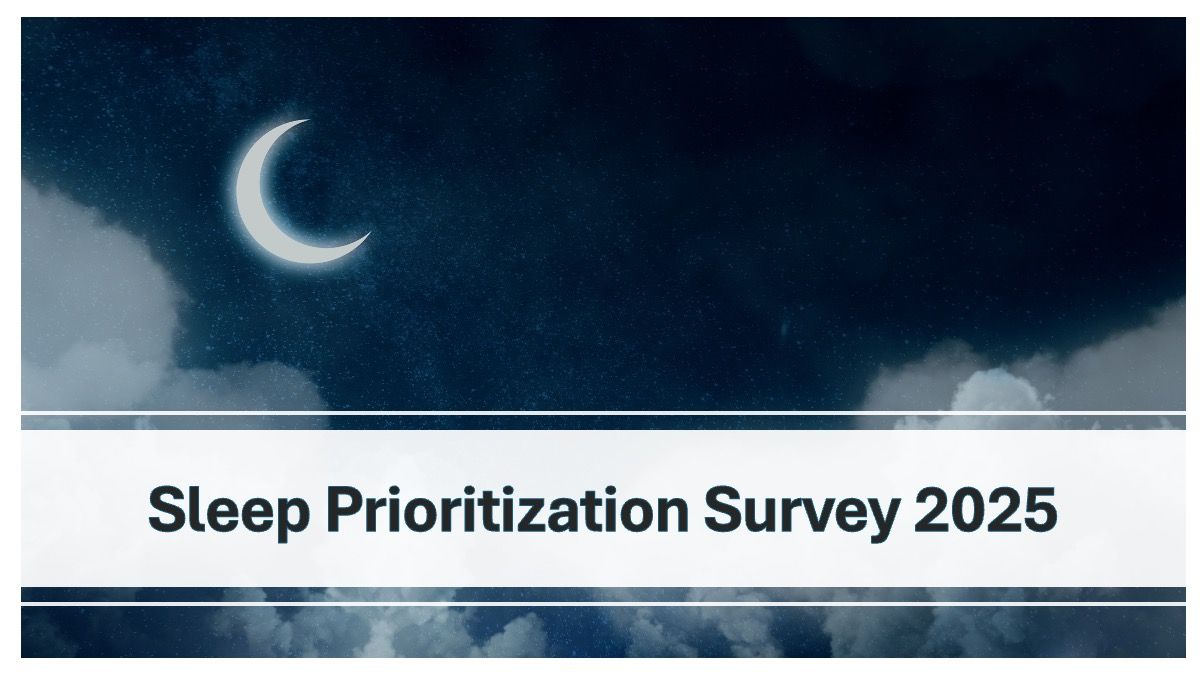
Latest Videos

CME Content
More News

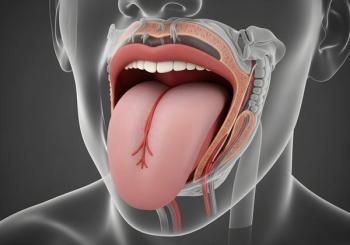
Researchers found that participants with excessive daytime sleepiness had significantly lower maximum tongue pressure, poorer chewing performance and diminished swallowing function.
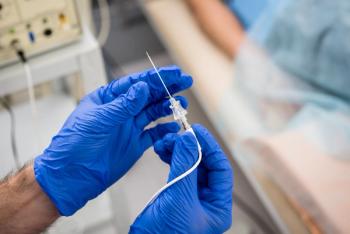
New study shows catheter ablation significantly was associated with a 40% drop in major cardiovascular events and a 70% decline in all-cause mortality for patients with both atrial fibrillation and obstructive sleep apnea.
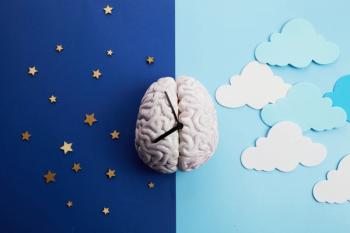
Researchers at the University of Michigan suggest the findings of their analysis could be used to guide the timing of dosing of drugs for patients with Parkinson’s disease, depression, and other neurological conditions.
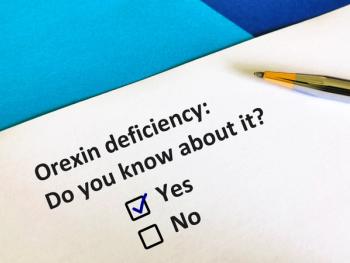
Phase 3 trials showed oveporexton effectively treated narcolepsy type 1 by restoring orexin, a neurotransmitter that regulates sleep and wakefulness signaling.

A large prospective study found large, statistically significant effects of heartburn on sleep quality.
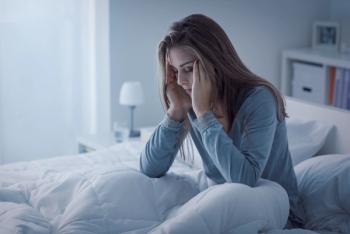
Chronic insomnia has been linked to a variety of mental and physical illnesses. Researchers have found that cognitive behavioral therapy is often effective.
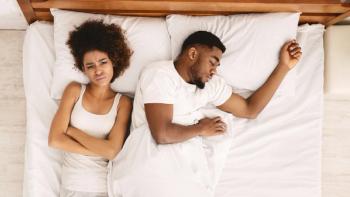
Leaving the room because of how a partner sleeps is surprisingly common, a survey found. People make all sorts of other accommodation, too.
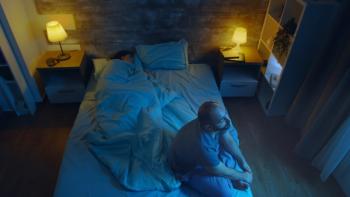
Between 9% and 12% of American adults have insomnia, and 85% of them also are diagnosed with comorbid conditions like type 2 diabetes and dementia. While the numerous health consequences of comorbid insomnia have been well-documented, the additional costs for specific disease groups have not been measured in large studies — until now.

Standard guidelines that insomnia treatment for people with alcohol use disorder be delayed until abstinence is achieved delays therapy for many people — and most patients still struggle with sleep even after successfully quitting alcohol.

Some effects of poor sleep (fatigue, daytime dysfunction) resemble some symptoms of long COVID. As it turns out, infected women who were healthy sleepers before and early in the pandemic were less likely to report long COVID symptoms.

In one of the largest and longest-lasting studies of workplace culture and employees’ sleep patterns, Scandinavian researchers found both a clear link between the two and improved sleep over time when leadership increased psychosocial resources.

Children aged 10 to 14 who identify as sexual minorities (or weren’t sure about their sexual orientation) have more trouble sleeping. Depression and family issues such as conflict with their parents explained part of that difference, according to a new study.
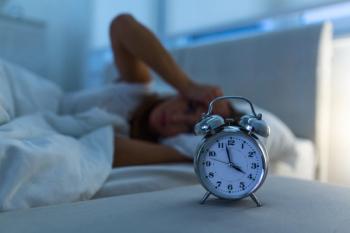
Insomnia is responsible for a lot of angst — and worse. Treatment is fairly straightforward. But for one cause of insomnia, the mechanism of treatment — and whether it works — remains elusive.
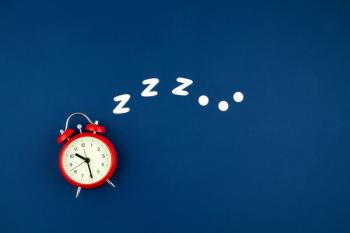
Researchers compared cardiac effects of waking people up every hour to limiting them to five hours of sleep.
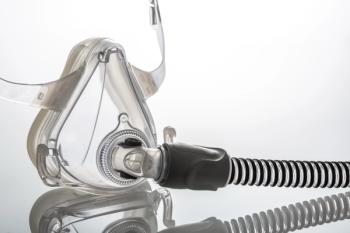
In a recent study, researchers investigated the ongoing argument of what causes cognitive deficits in obstructive sleep apnoea patients, the apneoa itself or associated comorbidities. Researchers compared cognitive performance in a group of 27 middle-aged male patients — ranging from 35 to 70 years-old — with untreated OSA and no comorbidities, to 7 healthy matched patients without OSA
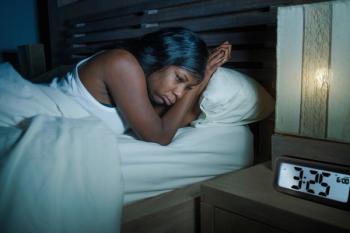
The National Sleep Foundation published a position statement about disparities last year. Earlier this year, researchers reported findings showing that White patients with a diagnosis of insomnia are more likely to be prescribed an FDA-approved medication than Black patients.

University of Arkansas researchers added to the understanding of how anxiety affects sleep with research that looked for associations between anxiety and bedtime procrastination and other patterns of poor sleep.
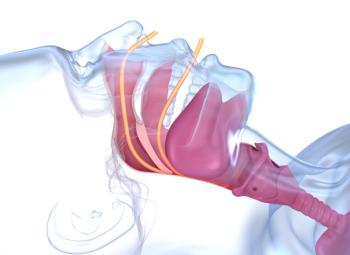
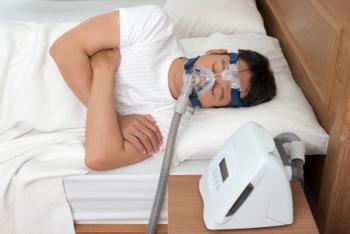
But less than one-third of patients are highly adherent to continuous positive airway pressure therapy, researchers found.
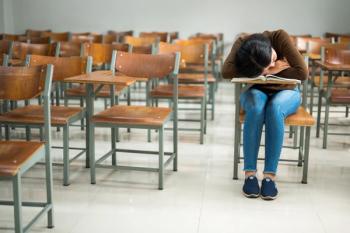
Researchers at Harvard-affiliated Brigham and Women's Hospital identified common beliefs among parents and caregivers and also evidence showing they were wrong. They say that they hope this kind of research will lead to public outreach and education efforts to turn people away from misinformation.
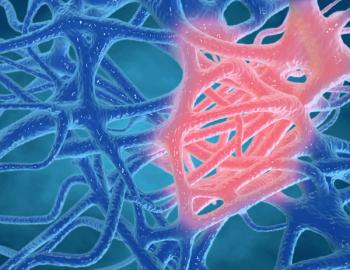
Small study finds that sleep deprivation increases white blood cells. The finding is a piece of a puzzle that may link poor sleep to inflammation and a number of diseases.

… is a problem. Less than one-third of patients are highly adherent to continuous positive airway pressure therapy, the study found.
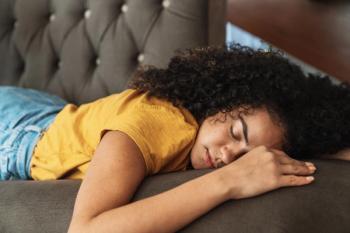
Study looks at the reasons Hispanic children tend to sleep less. For some, lack of a regular bedtime could be the key.
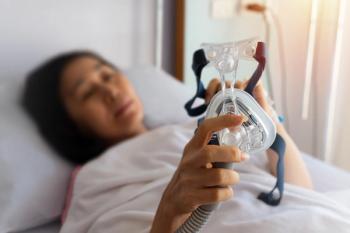
Decreased hormone levels appear to increase the risk of key symptoms of obstructive sleep apnea (OSA).

